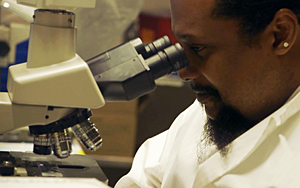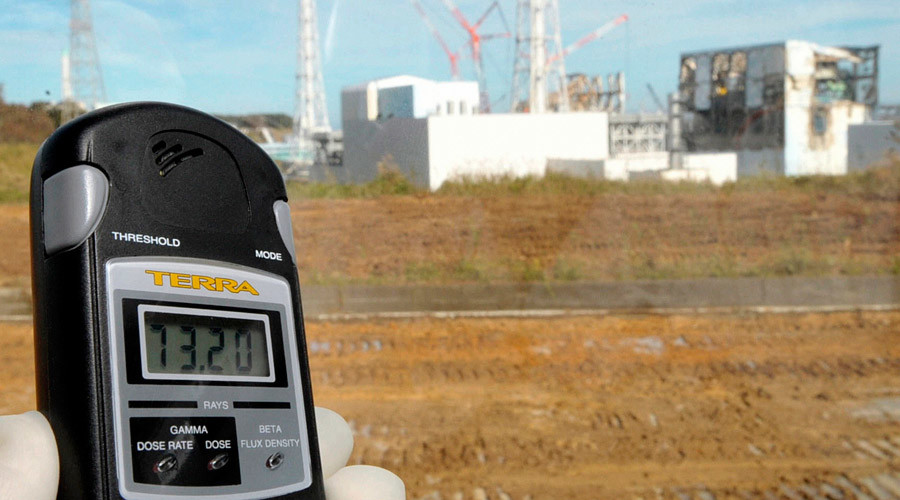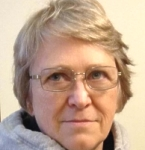Published on May 18, 2014
Hawai’i SEED sponsored a statewide speaking tour of world-renowned University of California Berkeley Professor of Integrative Biology Dr. Tyrone Hayes. Dr. Hayes was joined by local food advocates from each island community.
On Maui, the program was supported by The Maui Hui and GMO Free Maui. Dr. Hayes spoke on Thursday, May 15, in the Henry Perrine Baldwin High School Auditorium in Wailuku.
Dr. Hayes is best known for his research on Swiss chemical company Syngenta’s herbicide, atrazine. He found that atrazine is an endocrine disruptor that transforms male frogs into fully functioning reproductive females.
Dr. Hayes is also an advocate for critical review and regulation of pesticides and other chemicals that may cause adverse health effects.
Despite his research being contested by Syngenta, it was used as the basis for the settlement of a multimillion-dollar class action lawsuit against them.
According to the lead plaintiff’s lawyer, Stephen M. Tillery, “Science has been fighting an uphill battle against giant pesticide manufacturers like Syngenta, who claim that a little weed killer in your drinking water won’t hurt you. Independent scientists now believe that even trace amounts can harm you and your children for generations to come.”
According to Joy Shih, a doctoral candidate at the University of Hawai’i’s School of Ocean and Earth Science and Technology, “The chemical poses a particular threat in Hawai’i because of the islands’ geography.”
Shih thinks atrazine should be banned.
Shih said that studies show that atrazine causes coral bleaching and harms phytoplankton, which rest at the bottom of the aquatic food chain.
The use of atrazine application in sugarcane and pineapple production in Hawai’i has threatened aquatic life for decades, but the herbicide is regularly used for corn production as well. According to Pesticide Action Network, there are many viable ways of producing corn and growing food without relying on atrazine.
Syngenta sells more than $14 billion in seeds and pesticides a year and funds research at some 400 academic institutions around the world.
“We are thrilled to be hosting Dr. Hayes in Hawai’i for a five-island speaking tour, especially on the heels of the recent New Yorker Magazine expose vindicating his claims that for the last 15 years, chemical giant Syngenta has waged a campaign to discredit him and his peer-reviewed findings,” said Hawai’i SEED President Jeri Di Pietro. “In light of Syngenta’s current litigation against the County of Kaua’i and their aggressive campaign to discredit Dr. Hayes, obvious parallel lines can be drawn about the threat to the independent research community and communities protecting their environment.”








